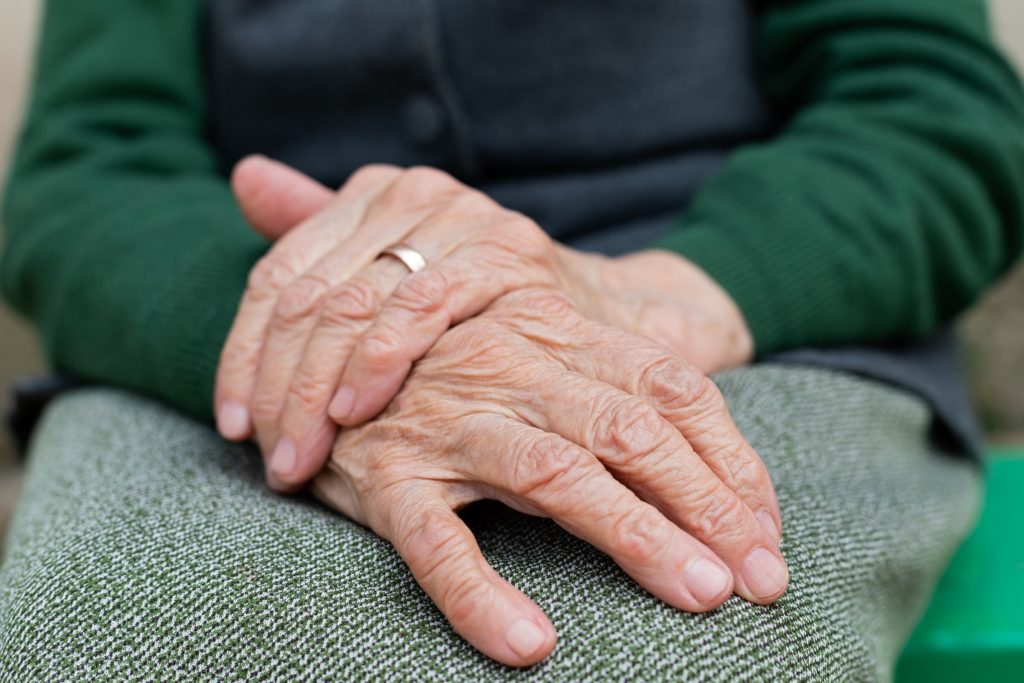As economic conditions worsen during the recession, older people will be at a greater risk than ever of being financially abused. Adult children with mortgages and other debts may turn their eyes to the bank of Mum and Dad.
Figures from the Australian Banking Association show that payments on 643,000 loans, worth around $200 billion, have been deferred since the lockdowns. People are eventually going to have to catch up on these deferred payments.
Children with ‘early inheritance syndrome’ may feel a sense of entitlement to their parents’ assets, and consequently seek ways for their parents to give them money. They may justify their actions by saying: “The money is going to be mine anyway.”
Financial abuse is the most common, and fastest-growing, type of abuse of older people. It involves taking or misusing an older person’s money, property or assets. It also includes persuading an older person to change their will through deception or undue influence.
Research shows that women over the age of 80 are most at risk of financial abuse, with adult sons being the most common perpetrators. A common assumption is that older women, particularly those who have not been the family’s breadwinner, are unable to manage their finances after their husband dies. Not only is this patronising but also it disempowers older women.
Several high profile disputes in which sons have sued their mothers have been reported in the media. An old boy from The King’s School sued his mother for a share of his grandfather’s $5.5 million estate. A Supreme Court judge castigated him for having a “highly developed and unhealthy sense of entitlement.”
Believing an older woman is unable to manage her finances is a hangover from the Victorian era. In those days, a married woman was unable to control her own money. The laws changed more than a hundred years ago. Thankfully so too did attitudes towards married women. However, older women may be the last bastions to experience Victorian traditions.
Children who want to protect what they see as their entitlement may encourage their mother to appoint them as an Enduring Power of Attorney. People in these roles are required to act in the best interest of the older woman. If they don’t, it is financial elder abuse. This was the case in Sally’s family.
Sally* is a middle-aged woman with four older brothers. With unseemly haste, a few days after her father’s death, one of the brothers asked the family GP to declare Sally’s elderly mother legally incapable. That she was bewildered, grieving and in the first weeks of widowhood after 64 years of marriage did not seem to have been taken into account.
After Sally’s mother was declared legally incapable, the youngest son, Tony, became her Enduring Power of Attorney. Tony’s job was to manage his mother’s estate in her best interest. How to define this, however, was contested among the siblings. Was it in their mother’s best interest to keep money in the bank and continue to pay tax? Or should the children receive an early inheritance? Questions such as these divided Sally’s siblings.
The eldest son, Christopher, organised frequent financial family planning meetings. Christopher was planning his own retirement and unashamedly cast his eyes towards the Bank of Mum.
Then came the zinger. Sally was told that her mother’s monthly expenses were excessive. The expenses included hiring a support worker so Sally could take her mother to her beloved beach house, away from the routines of the aged care home.
Sally’s sister-in-law explained to her: “Your brothers are worried about their inheritance. What’s wrong with that?” Gob-smacking stuff.
Sally went into full feminist flight to show her brothers, their wives and anyone else who would listen, exactly what was wrong. She defended her mother’s right to spend her own money on as much ginger beer as she wanted. She also continued to take her mother to her beach house, despite ongoing objections.
One brother supported her; the other three bunkered down, ensconced in their men’s club with others who share their ageist and misogynist views. These brothers refused to engage with Sally. They simply dismissed Sally’s views as offensive, describing her as mad and bad, as powerful men often do.
Financial abuse of older people is currently not a criminal offence in Australia. It is treated as a private issue, like family violence was treated during the Victorian era. For financial elder abuse to become a criminal offence, attitudes towards older people, particularly older women, need to change.
*Names in this example have been changed.
Dr Sarah Russell is a public health researcher and director of Aged Care Matters.


